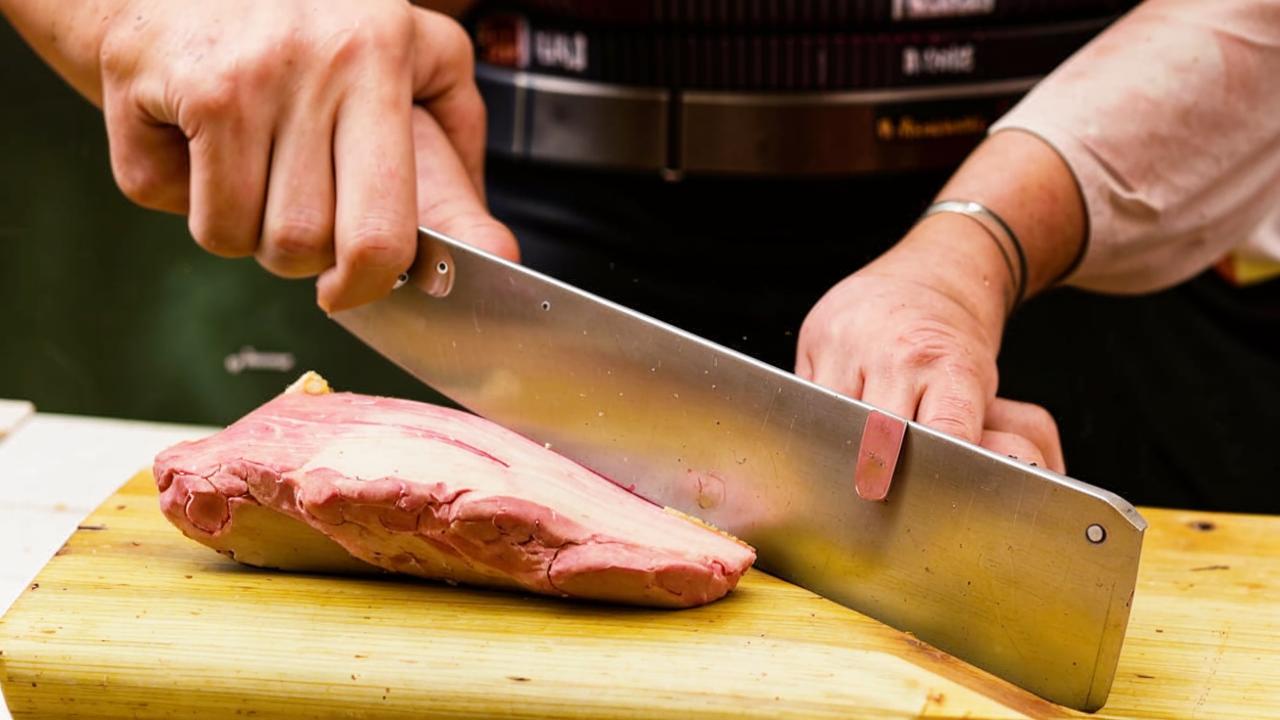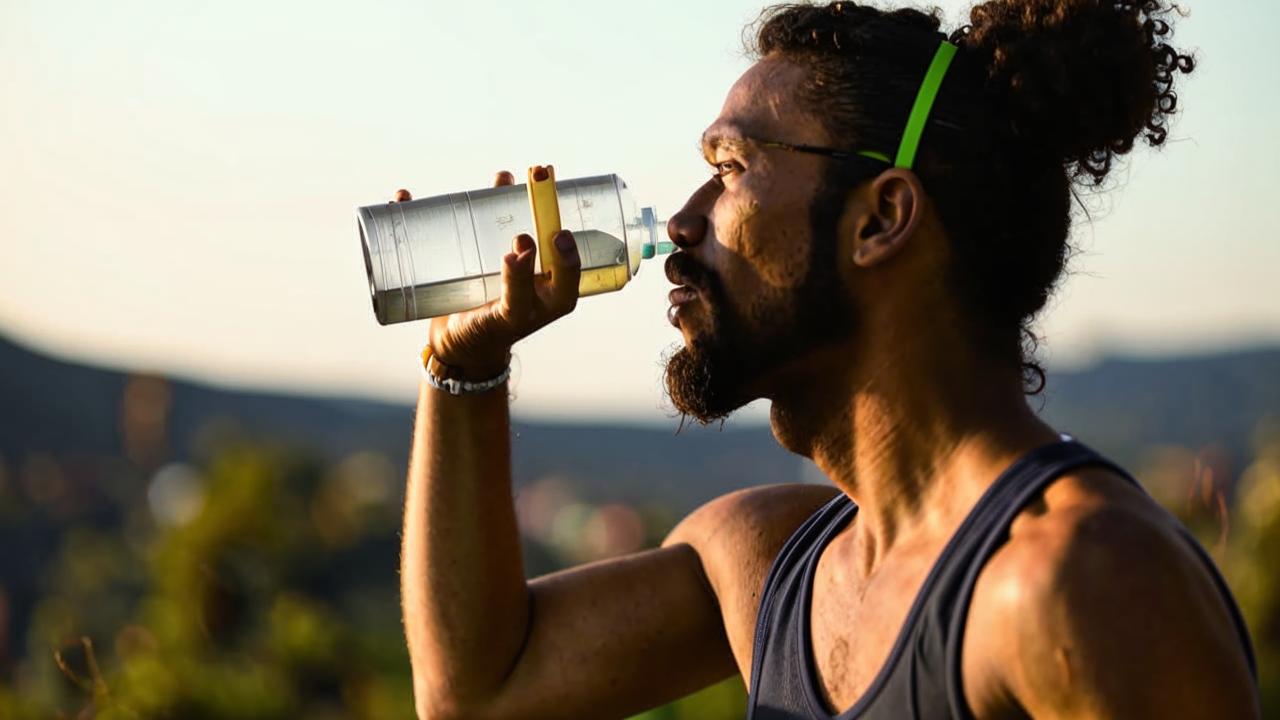Protein is one of the most important and vital substances in the human body. It is an indispensable building material for all cells. Protein-rich foods are considered to be almost the main part of a sports diet. What is its daily allowance and how do you realize that you have a deficit? Nina Zavadskaya, vice-champion of Arnold Classic Europe, multiple prize-winner of international, Russian and regional tournaments and participant of the SN PRO EXPO FORUM International Festival, answers these questions.
Why is protein so important?
It is impossible to imagine a professional menu without carbohydrates and healthy fats, but proteins are the main building material for muscles. Without them, the body cannot function normally. These essential substances consist of many amino acids, and on their basis are built almost all tissues of the body. Protein is necessary for the renewal of old and creation of new cells, it is also in the composition of all enzymes in the human body. In addition, the intake of protein regulates internal processes.

For athletes, this substance is also important because it helps in the transportation of other substances in the body. Thanks to it, the blood carries vitamins, hormones and oxygen through the body faster.
The amount of protein an athlete should consume per day depends on his or her initial weight, intensity of exertion and fitness level. The protein needs of beginner and amateur athletes differ from those of professional athletes.
Why should one not consume too much protein?
Many beginners mistakenly believe that they need to consume large amounts of this substance. Unlike fats and carbohydrates, protein is not stored in excess – it is excreted by the kidneys. Therefore, excessive consumption can negatively affect the health of organs, as well as the functioning of other body systems.

Some types of sports diets involve the use of a large amount of protein, but, as a rule, professional athletes are under the supervision of specialized specialists, regularly take tests and monitor their health. In this case, it is justified.
For those who are just beginning their athletic journey, I do not recommend abusing protein. For beginners and people with low physical activity, I include 1.5-2 g of protein per 1 kg of weight in the diet. As a performing athlete myself, I use about 2-2.5 g of protein per 1 kg of weight. And in the period of preparation for a short period of time I increase to 2.5-3 g. per 1 kg of weight (also under the control of a doctor). And the norm of protein remains about unchanged both at the recruitment and at the stage of weight loss. Caloric content changes due to other macronutrients, mainly carbohydrates.
What products contain the largest amount of protein?
Per 100 g of product:
poultry meat – 17-22 g;
red meat – 15-20 g;
fish – 14-20 g;
seafood – 15-18 g;
legumes – 20-25 g;
nuts – 15-30 g;
eggs – 12 g.;
hard cheese – 25-27 g.;
cottage cheese – 14-18 g;
cereals – 8-12 g.
Although legumes and nuts, hard cheese and cereals are higher in protein content than eggs and cottage cheese, we should not forget that they also contain carbohydrates and fats. Trying to get enough of them will lead to an excess of other nutrients. Therefore, I do not recommend these products as a source of protein.

I only allocate a certain percentage to vegetable protein. Animal protein is still a priority: you should get at least 70% of your daily allowance from animal protein. The rest – at the expense of vegetable protein, just from cereals, nuts, etc., while not exceeding the norm for carbohydrates and fats.
Do I need additional protein sports nutrition?
Is it difficult to gain the daily norm of proteins? As practice shows, absolutely not. For an average girl weighing 55-70 kg it is quite possible to do it without special additives. The norm in this case does not exceed 110-140 g of protein per day. But for men with a larger body weight, especially professional athletes, who have a much higher requirement per 1 kg of weight, it is much more difficult to gain the necessary minimum. This is where sports nutrition comes to the rescue.
Sports nutrition is needed when there is no possibility to prepare food or it is necessary to temporarily increase the norm. It will also help those who have restrictions on protein intake: vegetarianism, diseases or other specific points.

Sports supplements are an aid and a tool that helps to achieve the desired result easier and faster. If there is an opportunity, why not take advantage of it? In the busy schedule of an athlete – flights, training, work, many also have a family – there is not always time to cook, heat, eat. And in the life of not professionals, but those who strive to maintain a beautiful body, there are even more such pitfalls.
At times like these, I recommend using protein. It can be 1-2 additional servings, which count towards your total protein allowance for the day – equating it not to a magic remedy, but to an ordinary meal. You can replace any protein portion of a meal with protein, but not the entire meal. For example, instead of eggs or cottage cheese, you can drink a portion of protein for breakfast, but you still need to eat the rest of your diet (carbohydrates/fats).
However, it should not be abused. The first thing you must learn to do is eat! And then you can indulge yourself occasionally to replace boring food or unload your diet a little with sports nutrition goodies.





